The Zuckerberg-Trump Dynamic: Impact On Technology And Society
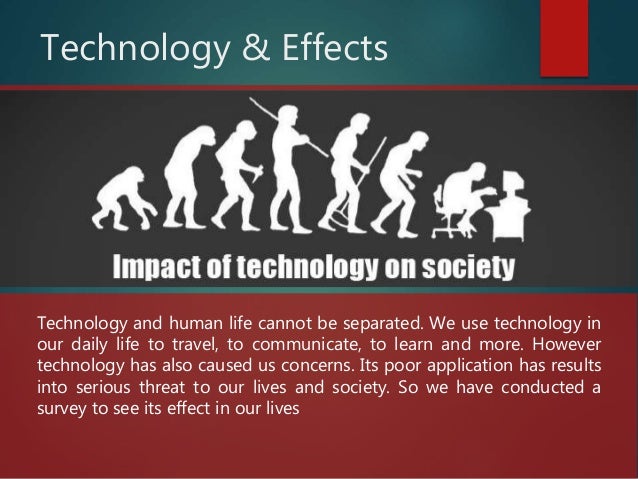
Table of Contents
Facebook's Role in the 2016 Election and Beyond
Facebook's role in the 2016 US presidential election and its aftermath has been a subject of intense scrutiny, inextricably linked to the Zuckerberg-Trump dynamic. The platform's influence on political discourse and the spread of misinformation has raised serious concerns about its impact on democratic processes.
Cambridge Analytica Scandal and Data Privacy Concerns
The Cambridge Analytica scandal exposed the vulnerability of user data on Facebook and highlighted the ethical implications of data harvesting. This scandal significantly eroded public trust in Facebook and fueled calls for stronger data privacy regulations globally. The impact reverberated worldwide, leading to increased regulatory scrutiny and legislative changes like the General Data Protection Regulation (GDPR) in Europe and the California Consumer Privacy Act (CCPA) in the US.
- Increased regulatory scrutiny: Facebook faced numerous investigations and legal challenges related to data privacy.
- Fines levied: Substantial fines were imposed on Facebook for violating data protection laws.
- Changes to data handling policies: Facebook implemented changes to its data handling policies in an attempt to regain user confidence, though the effectiveness of these changes remains debated. The lasting effects on user data security and Facebook's efforts to regain user confidence are still unfolding.
Spread of Misinformation and Political Polarization
Facebook's algorithms, designed to maximize engagement, inadvertently amplified the spread of misinformation and propaganda during the 2016 election and beyond. This contributed to political polarization and the creation of echo chambers, where users are primarily exposed to information confirming their existing biases. The Zuckerberg-Trump dynamic highlights the critical role of social media algorithms in shaping public opinion.
- Examples of misinformation campaigns: Russian interference in the 2016 election involved the use of Facebook to spread divisive narratives and fake news.
- Impact on voter behavior: Studies suggest that exposure to misinformation on social media influenced voter decisions.
- Facebook's attempts to combat fake news: Facebook has implemented measures to detect and remove fake news, but these efforts have faced criticism for being insufficient. The ongoing struggle to effectively combat misinformation remains a central challenge.
Trump's Use of Social Media and its Consequences
Donald Trump's prolific use of social media, particularly Twitter (now X), significantly shaped his presidency and the political landscape. His direct communication with supporters and his bypassing of traditional media outlets redefined political communication.
Direct Communication with Supporters and Bypassing Traditional Media
Trump utilized social media to directly engage with his base, bypassing traditional news media outlets. This approach allowed him to control the narrative and reach supporters directly, circumventing journalistic fact-checking and critical analysis.
- Examples of direct communication via tweets: Trump frequently used Twitter to announce policy decisions, attack opponents, and rally his supporters.
- Rallies promoted through social media: Social media platforms were instrumental in organizing and promoting Trump rallies, fostering a sense of community and direct engagement among his followers.
- Implications for political communication: This approach challenged traditional forms of political communication and raised concerns about the erosion of trust in established media institutions.
Incidents of Censorship and the Debate on Free Speech
Trump's use of social media also ignited significant debate regarding free speech and platform responsibility. Several instances saw his posts flagged or removed by social media companies, sparking controversies and legal challenges. The Zuckerberg-Trump dynamic exemplifies the ongoing tension between freedom of expression and the need to curb harmful content.
- Specific examples of content moderation controversies: Facebook and Twitter faced criticism for their decisions to remove or flag Trump's posts, particularly after the January 6th Capitol riot.
- Legal challenges: Trump and his supporters filed lawsuits challenging the decisions of social media companies to restrict his access to their platforms.
- Evolving community standards: The debate highlighted the evolving nature of community standards and the difficulty of establishing clear guidelines for content moderation on social media platforms.
The Broader Implications for Technology and Society
The Zuckerberg-Trump dynamic has far-reaching implications for technology and society, extending beyond the US borders.
Impact on Global Politics and International Relations
The influence of social media on global politics and international relations is undeniable. The Zuckerberg-Trump dynamic underscores the potential for social media to be used for political interference and the spread of disinformation across national boundaries.
- Examples of foreign interference attempts: The 2016 election highlighted the vulnerability of democratic processes to foreign actors using social media for disinformation campaigns.
- The role of social media in international conflicts: Social media platforms can exacerbate existing tensions and contribute to the spread of propaganda and hate speech in international conflicts.
Future of Social Media Regulation and Content Moderation
The Zuckerberg-Trump dynamic has underscored the urgent need for better content moderation practices and more robust social media regulation. The debate regarding the appropriate level of regulation and the best approaches to content moderation continues to evolve.
- Proposed regulations: Governments worldwide are considering various regulations to address issues like misinformation, hate speech, and data privacy on social media platforms.
- Ongoing legal battles: Legal challenges surrounding content moderation and platform liability are ongoing.
- Potential impacts on platform business models: Increased regulation could significantly impact the business models of social media companies.
Conclusion
The Zuckerberg-Trump dynamic represents a pivotal moment in the intersection of technology, politics, and society. Understanding its complexities, including the spread of misinformation, the challenges of content moderation, and the evolving regulatory landscape, is crucial. The lasting impact of this relationship on the future of social media and democratic processes continues to unfold, demanding continued analysis and thoughtful consideration of the Zuckerberg-Trump dynamic and its far-reaching consequences. Further research into this intersection is essential to navigate this evolving terrain effectively. Understanding the intricacies of the Zuckerberg-Trump dynamic is vital for building a more informed and responsible future for social media.

Featured Posts
-
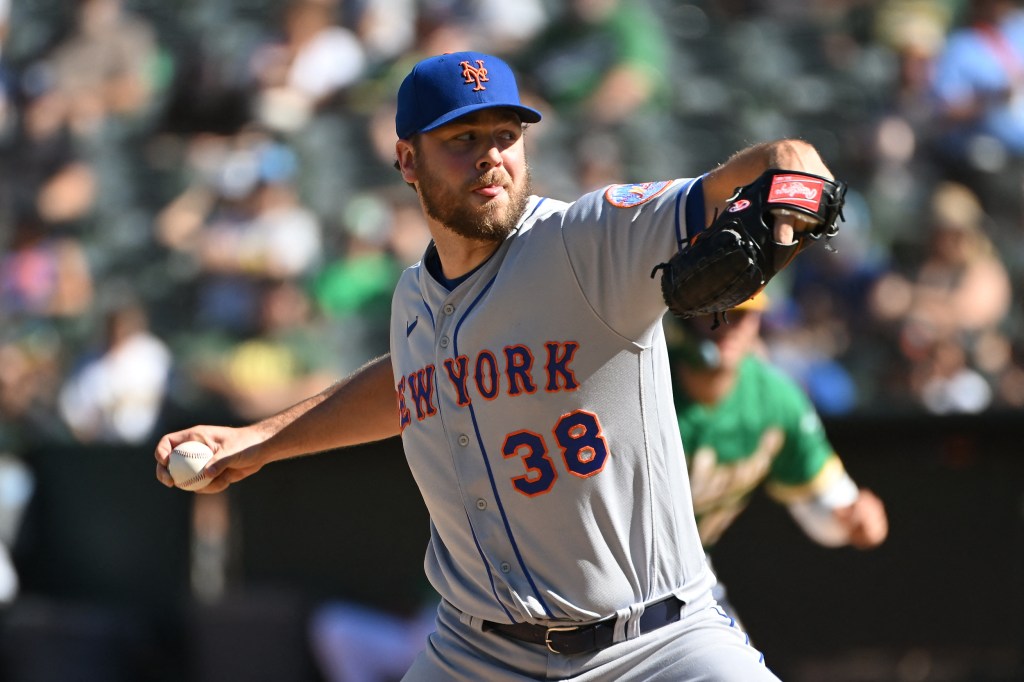 Tylor Megill And The Mets Analyzing His Effective Pitching Techniques
Apr 29, 2025
Tylor Megill And The Mets Analyzing His Effective Pitching Techniques
Apr 29, 2025 -
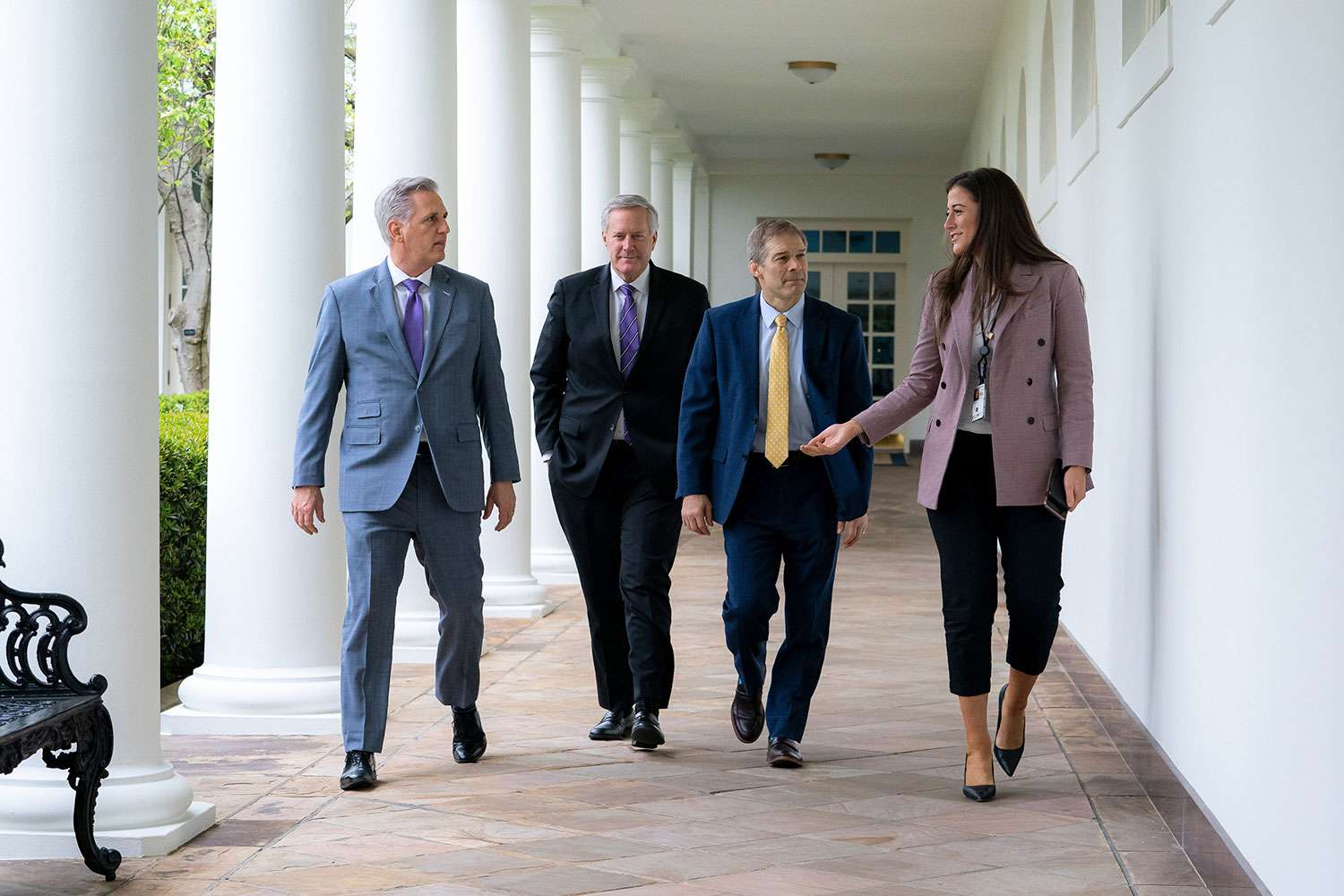 Cassidy Hutchinsons Memoir Key Jan 6 Witness Details Upcoming Book
Apr 29, 2025
Cassidy Hutchinsons Memoir Key Jan 6 Witness Details Upcoming Book
Apr 29, 2025 -
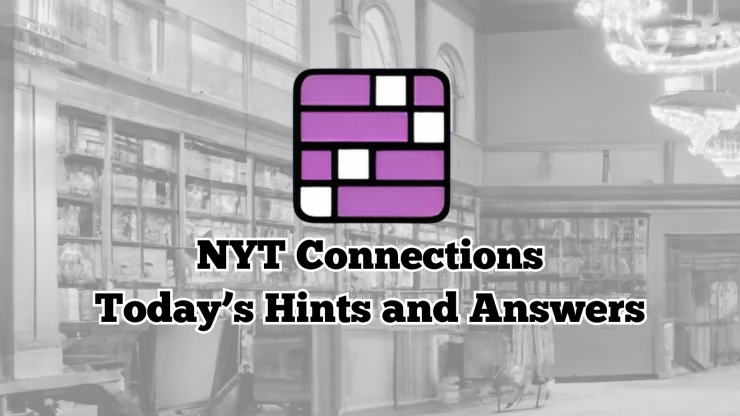 Nyt Strands Game 393 Solutions Monday March 31 Hints And Answers
Apr 29, 2025
Nyt Strands Game 393 Solutions Monday March 31 Hints And Answers
Apr 29, 2025 -
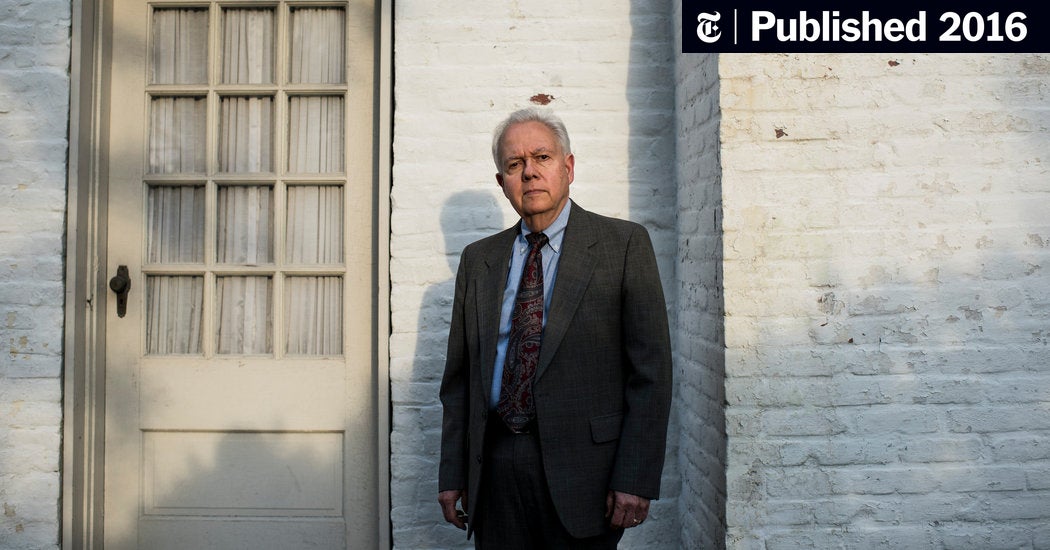 Elite Universities Form Secret Collective To Oppose Trump Administration
Apr 29, 2025
Elite Universities Form Secret Collective To Oppose Trump Administration
Apr 29, 2025 -
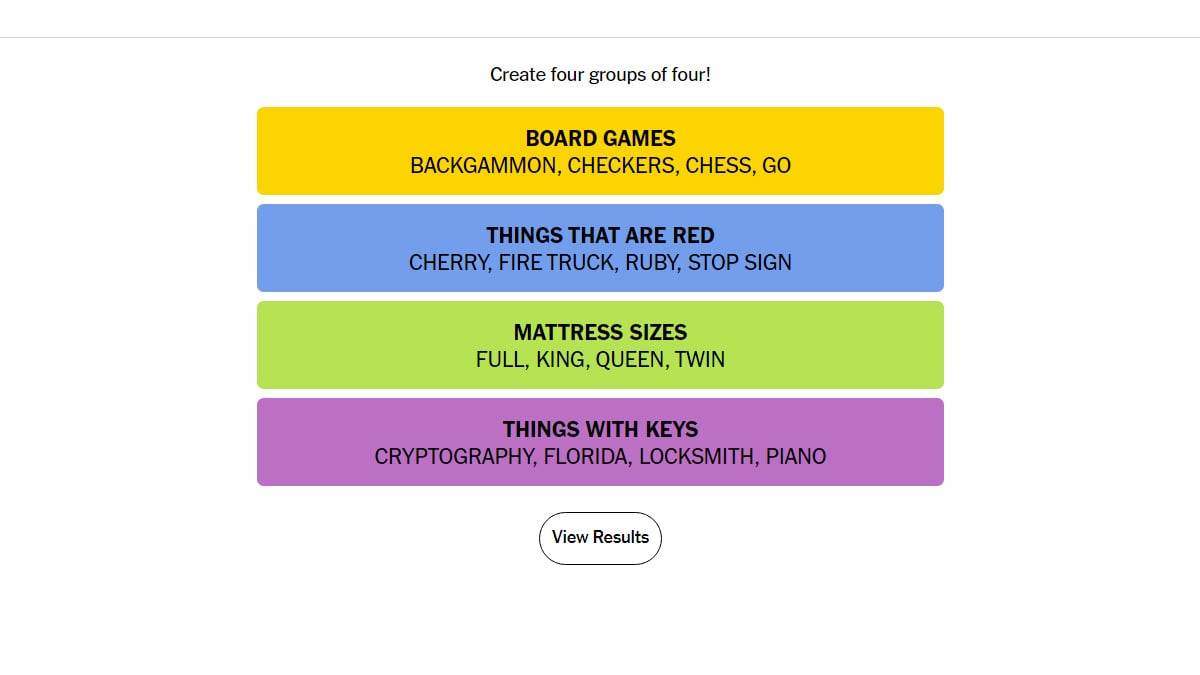 Solve Nyt Strands Hints And Answers For March 3rd 2025
Apr 29, 2025
Solve Nyt Strands Hints And Answers For March 3rd 2025
Apr 29, 2025
Latest Posts
-
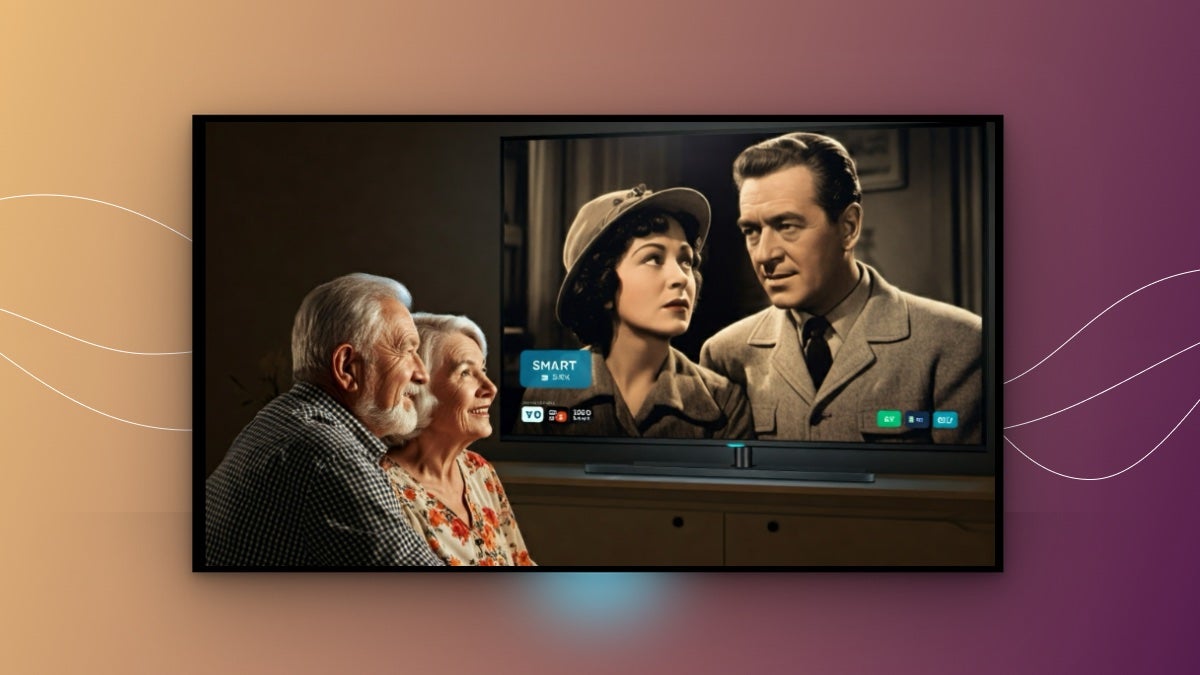 You Tubes Growing Appeal To Older Viewers Nostalgia And Accessibility
Apr 29, 2025
You Tubes Growing Appeal To Older Viewers Nostalgia And Accessibility
Apr 29, 2025 -
 London Property Fraud British Court Upholds Vaticans Claim
Apr 29, 2025
London Property Fraud British Court Upholds Vaticans Claim
Apr 29, 2025 -
 You Tube A New Home For Classic Tv Shows And Beloved Programs For Mature Audiences
Apr 29, 2025
You Tube A New Home For Classic Tv Shows And Beloved Programs For Mature Audiences
Apr 29, 2025 -
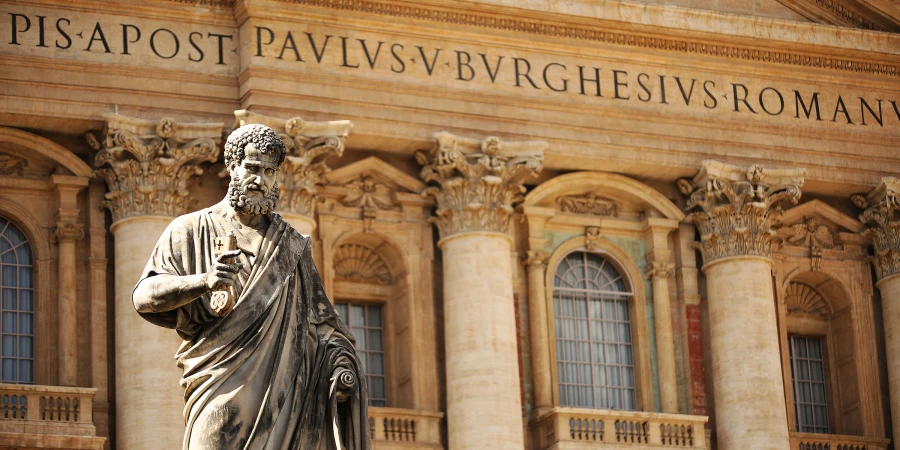 Vatican Defrauded London Real Estate Deal Ruled Fraudulent By British Court
Apr 29, 2025
Vatican Defrauded London Real Estate Deal Ruled Fraudulent By British Court
Apr 29, 2025 -
 You Tubes Growing Appeal To Older Viewers A Resurgence Of Classic Content
Apr 29, 2025
You Tubes Growing Appeal To Older Viewers A Resurgence Of Classic Content
Apr 29, 2025
